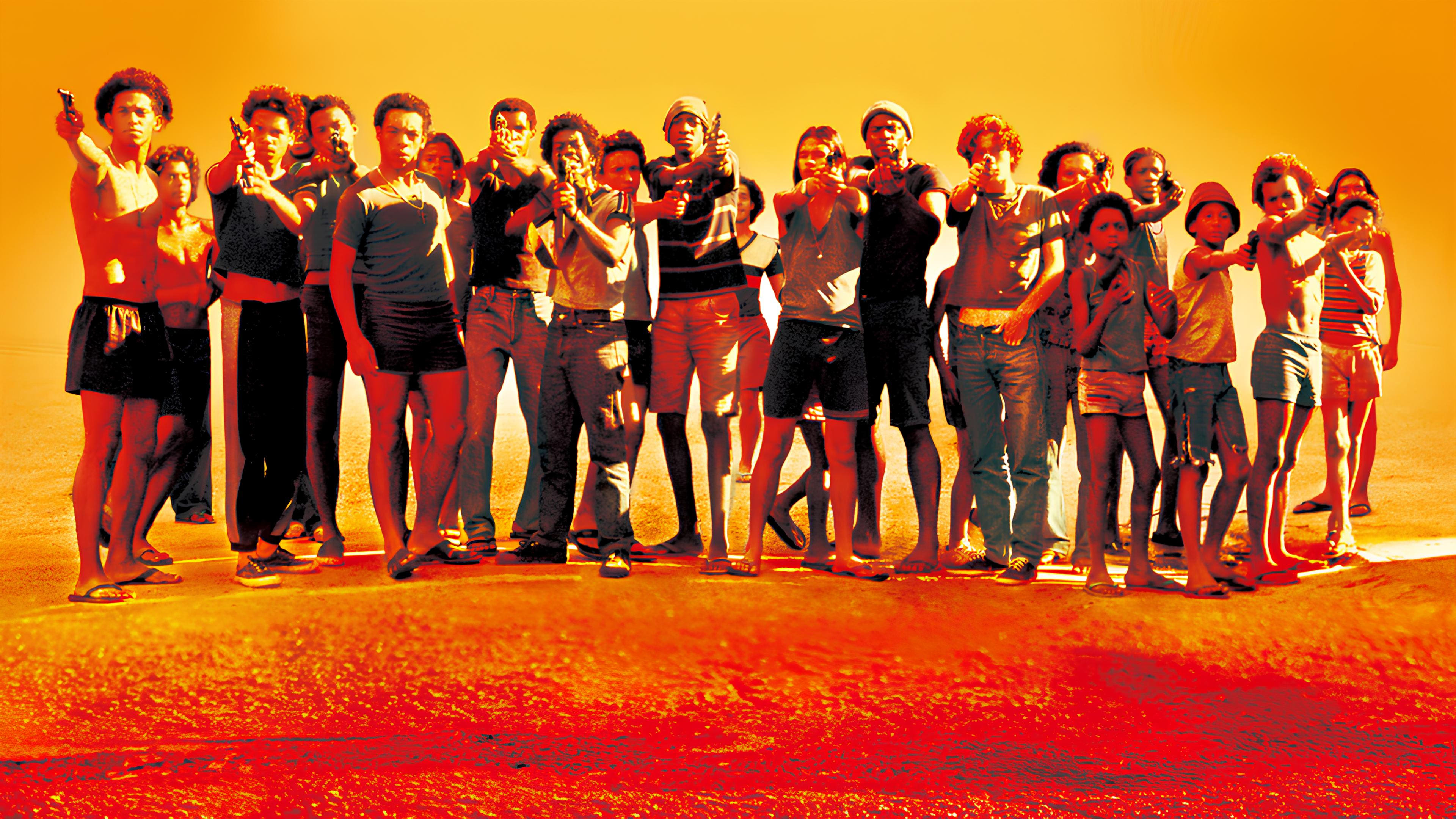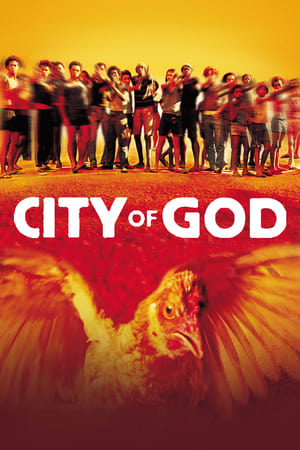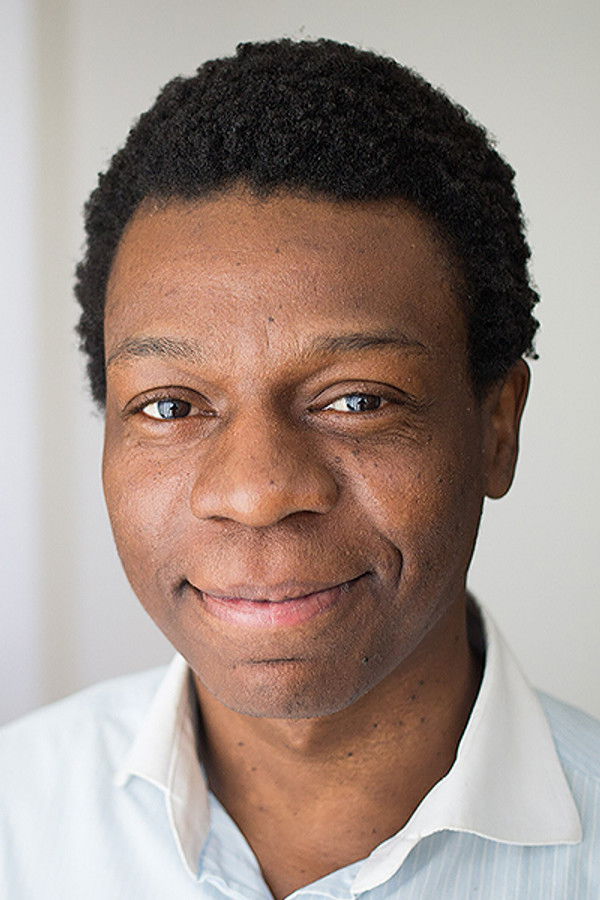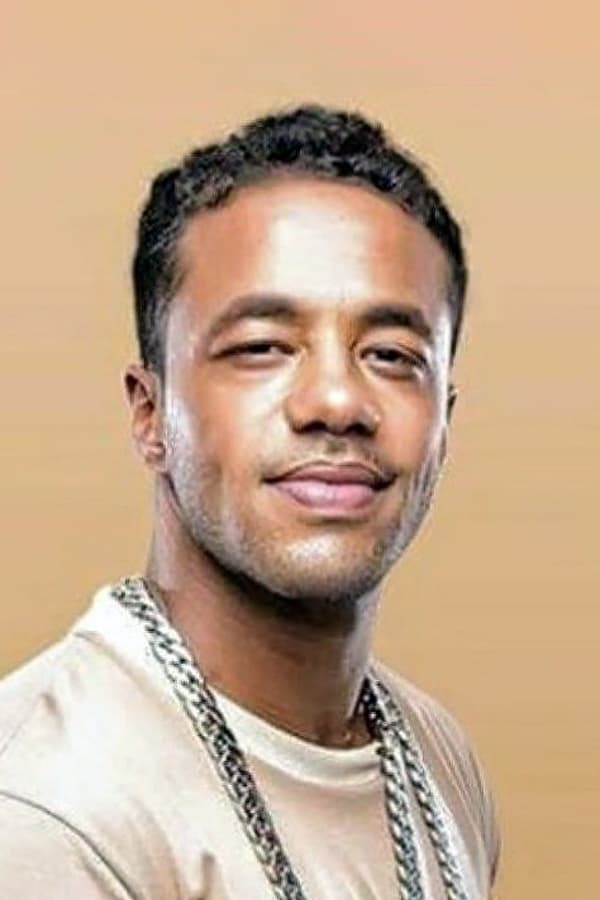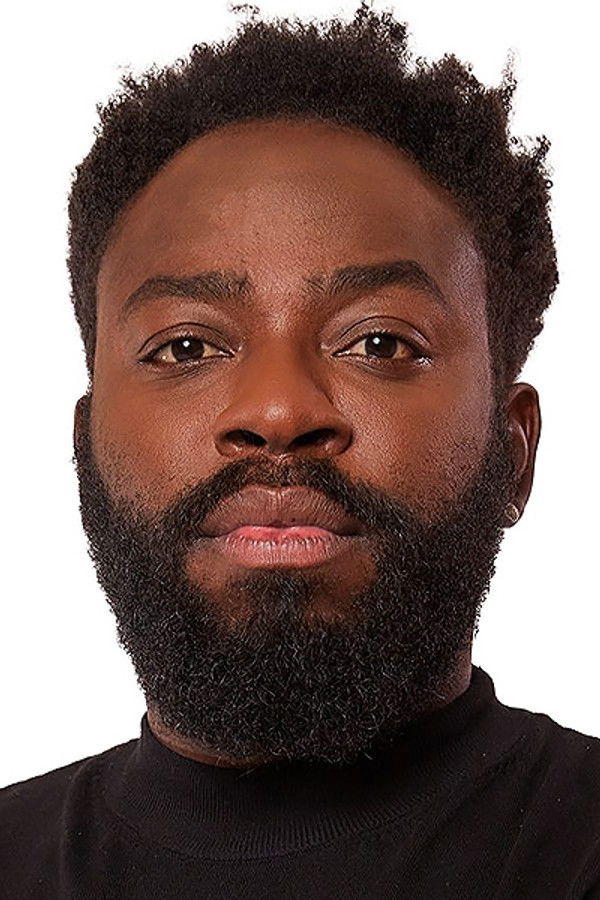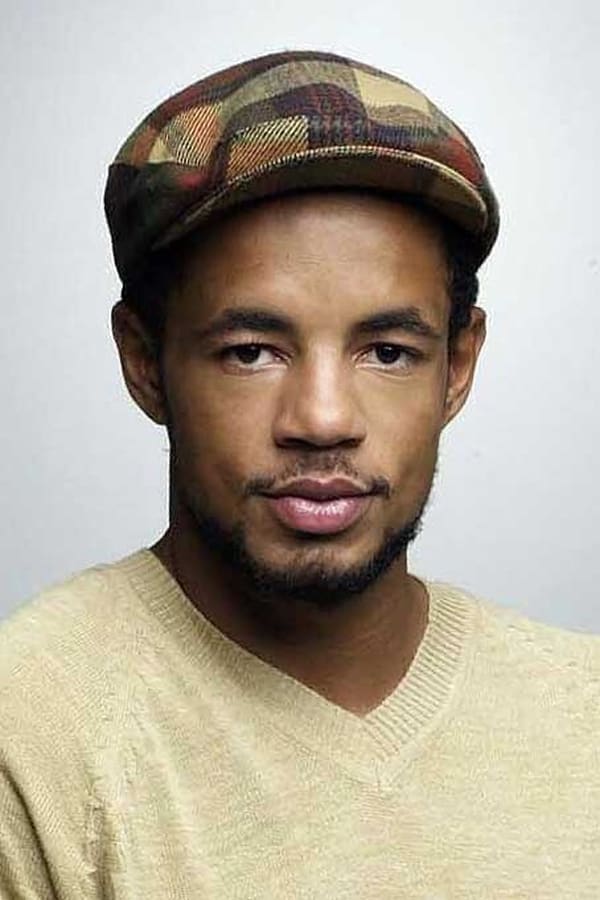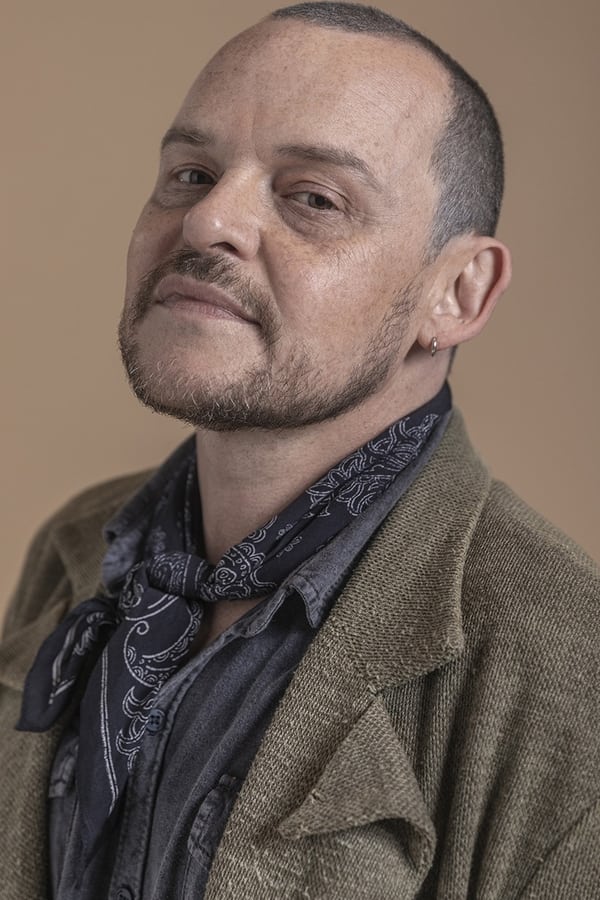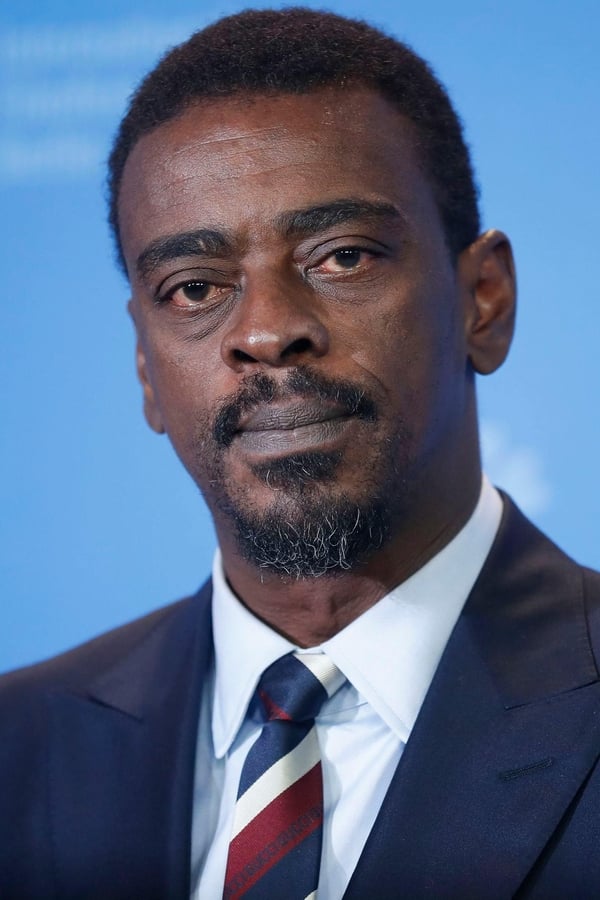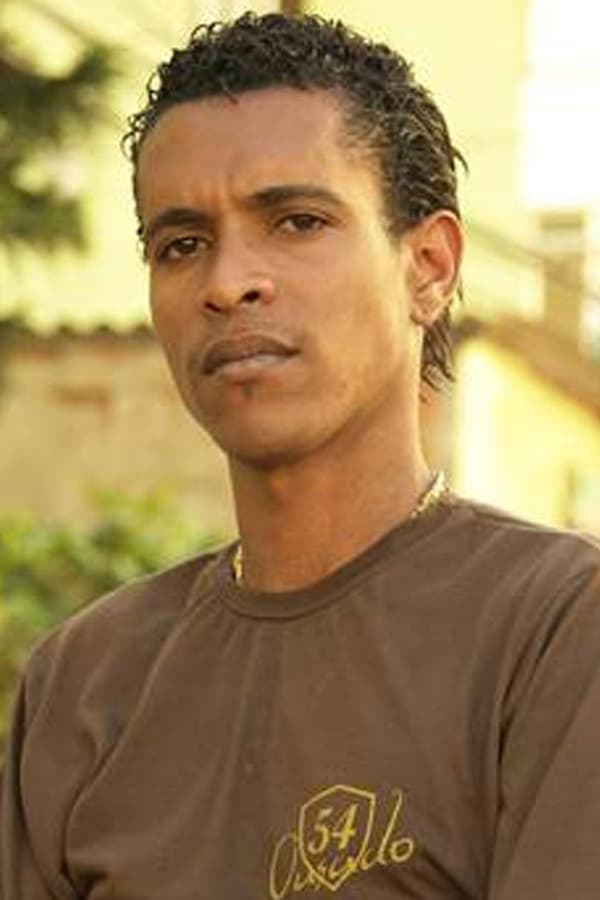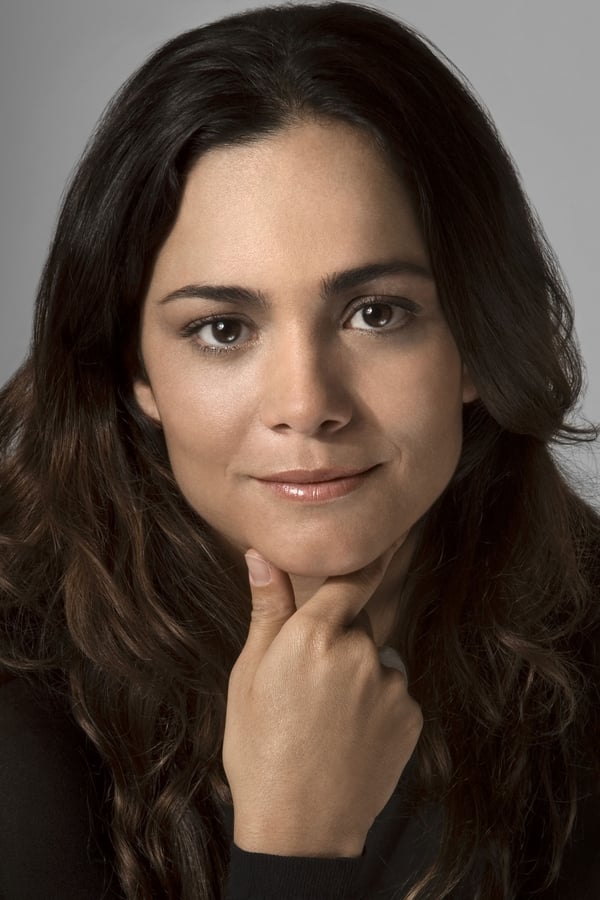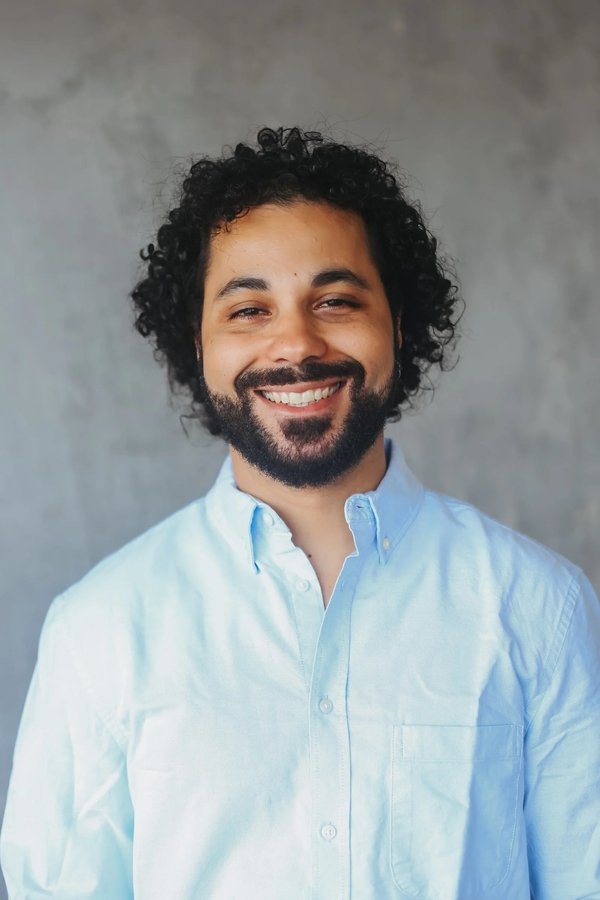Incluvie Movie Reviews
Carter Trey Smith
October 30, 2022

5 / 5
INCLUVIE SCORE

4.5 / 5
MOVIE SCORE
Poverty and the Cycle of Violent Youth in 'City of God'
In an attempt to regulate the gangs of Rio de Janeiro's favelas, the Brazilian government created public housing. This only led to more segregation between the rich and the poor. City of God takes place in one of these favela replacements. The film is based on a semi-autobiographical book written by Paulo Lins, who grew up in Rio at the time.
"If you stay in the city, you die. If you try to leave the city, you die." This is one of the first lines of narration in City of God. It is spoken by the protagonist, Rocket. This haunting statement foreshadows that the majority of the characters we see in the film will all either attempt to leave a life of crime or thrive in it, which ultimately leads to their deaths either way. A driving theme of this film is the cylindrical cycle of violence that is forced upon the underprivileged and poor. Children are pulled into a life of crime, while many innocent people are murdered. The standout of all these characters is Rocket, who strives to avoid this fate.
This film is dark, gritty, and depressing. Rocket, who, just like the audience, remains a spectator to the violence of the city, recalls his history with the city throughout the film. The replacement of the favelas gives a child-like free reign to the young city; similar to a Lord of the Flies set in Rio. A small gang of friends named "The Tender Trio" run the city using guns and drugs. They joyfully take as they please, until the dominance of the hoods and gangs slowly begins to dwindle. As police brutality and gang enforcement become more prevalent, the gang leaders are killed one by one.
Lil' Dice represents the epitome of this environment. He kills and steals in order to maintain power. Even as a child, he was willing to kill innocent people in order to fill an insatiable need for status. The film depicts his rise from a poor, street hood to a rich, powerful drug lord. He's willing to do anything in order to succeed, which ultimately leads to his demise by a group of young hoods; a new generation of gangs to come. A cycle that is not broken.
Although many others attempt to escape, Rocket is the only one to break the cycle of violence and escape the city. In a scene near the midpoint of the film, Rocket is left with a decision to rob both a bus driver and a cashier. He bares a revolver but decides not to use it after talking with the two. This was the deciding moment for who Rocket was going to be; if he were to survive. Rocket escaped due to a few different factors: his compassion, introspection, and observations. Although The Tender Trio may have shared a few of these traits, they didn't have enough to survive.
The film's color correction subtly changes throughout the film. Throughout Act I, we see a bright gold, saturated city which represents the innocence and carefree nature of The Tender Trio. After their deaths and the subsequent gang wars that take place, the film takes on a harshly lit blue hue. This shows when reality sets in. From a childlike point of view, violence can be seen as fun and chaotic, but the truth of the matter is, it is terrible. As we grow older with these characters, we can see how their perspectives change, not only through the storytelling but also through the cinematography and color correction.
City of God shows us that the cylindrical cycle of violence can only be stopped through introspection and analysis. The representation of violence in this film shows us the true effects of a culture segregated by an oppressive government.
[read more]Pictures and Videos

Movie Information
In the poverty-stricken favelas of Rio de Janeiro in the 1970s, two young men choose different paths. Rocket is a budding photographer who documents the increasing drug-related violence of his neighborhood, while José “Zé” Pequeno is an ambitious drug dealer diving into a dangerous life of crime.
Rating:
Genre:Drama, Crime
Directed By:Fernando Meirelles
Written By:Bráulio Mantovani
In Theaters:2/13/2004
Box Office:$30,641,770
Runtime:129 minutes
Studio:O2 Filmes, VideoFilmes, Wild Bunch, Hank Levine Film & Music, Globo Filmes, Lumière
Cast
Articles You May Like
The Best LGBT Films and Shows to Watch Online
Celebrate Pride with these movies and TV shows available on popular streaming services. (Good news: a lot of them are available for free.)
Rejecting “The Prom”-posal - Movie Review
Despite everything it was capable of, all of these poor choices strung together amount to nothing more than a counter-productive film.
